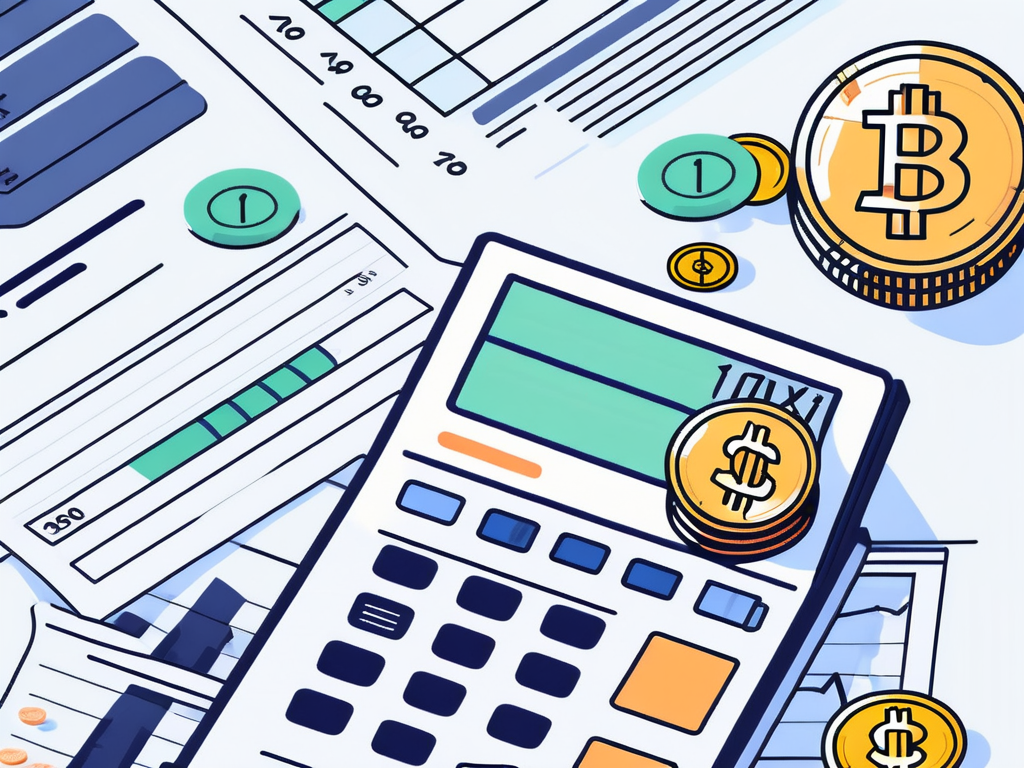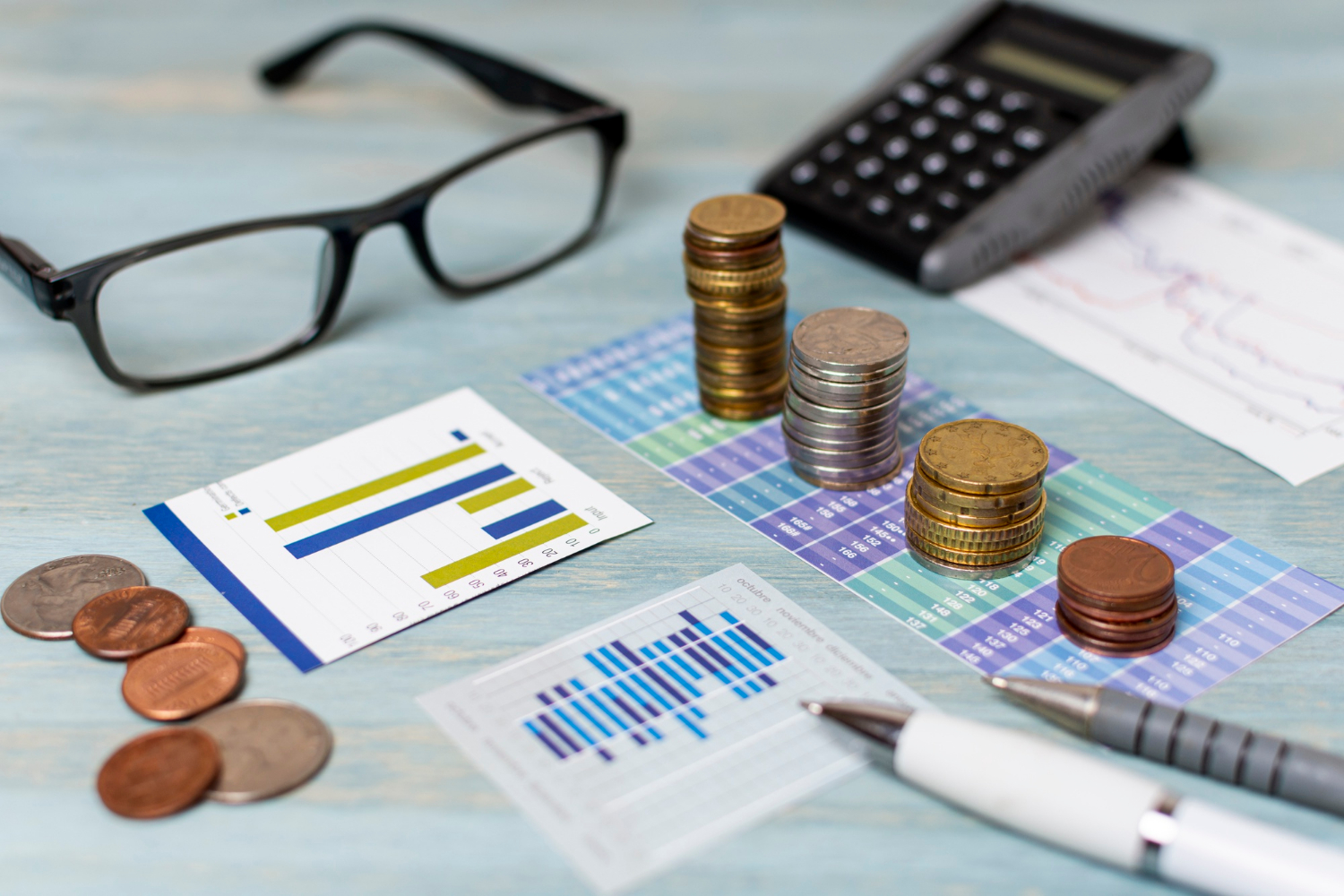Welcome, dear reader, to the world of Capital Gains Tax! A world so thrilling, it could give a rollercoaster a run for its money. Strap in, hold onto your calculators, and prepare for a wild ride through the ups, downs, and sideways of this fascinating aspect of Business Tax Services.
Now, you might be thinking, “Capital Gains Tax? That sounds like a snooze fest.” But fear not! We’re here to make this journey as entertaining as a stand-up comedy show. So, let’s dive in, shall we?
What is Capital Gains Tax?
Capital Gains Tax, or CGT as the cool kids call it, is a tax on the profit when you sell (or ‘dispose of’) something that’s increased in value. It’s the gain you make that’s taxed, not the amount of money you receive. So, if you bought a painting for a dollar and sold it for a million, you’d pay tax on the $999,999 you gained. Not too shabby, eh?
But wait, there’s more! Not all assets are subject to CGT. Your personal car, main home, and personal belongings worth up to £6,000 are usually tax-free. So, if you’re planning to sell your grandmother’s antique vase, you might be in luck!
Types of Assets Subject to CGT
Now, let’s talk about the types of assets that are subject to CGT. These include, but are not limited to, personal possessions worth £6,000 or more, apart from your car; property that’s not your main home; shares that are not in an ISA or PEP; and business assets. So, if you’re thinking of selling that beach house in Malibu, you might want to think twice!
But remember, there are exceptions to every rule. Certain assets are tax-free, like your personal car or main home. So, if you’re planning to sell your Ferrari, you’re in the clear!
How is CGT Calculated?
Now, onto the fun part – how is CGT calculated? Well, it’s not as simple as 1-2-3, but we’ll try to make it as easy as pie. First, you need to figure out your total taxable income. Then, you subtract your Personal Allowance (the amount of income you can have before you pay tax). The remaining amount is your taxable income from all sources.
Next, you need to figure out your total capital gains. Subtract the tax-free allowance, and the remaining amount is your taxable gains. The rate of CGT you pay depends on your Income Tax band. If you’re a basic rate taxpayer, the rate is 10% on assets and 18% on property. If you’re a higher or additional rate taxpayer, the rate is 20% on assets and 28% on property. Sounds like a piece of cake, right?
How to Pay CGT
Now that we’ve covered the basics of CGT, let’s move onto the next thrilling chapter – how to pay it. You can report and pay CGT through the Real Time Capital Gains Tax service or by filling in the ‘Capital gains summary’ section of your Self Assessment tax return. If you’re a business, you can pay CGT through your Corporation Tax return.

But remember, timing is everything! You must report and pay CGT within 30 days of selling a UK property. For other assets, you have until the Self Assessment deadline. So, don’t delay, pay today!
Penalties for Late Payment
Now, let’s talk about the penalties for late payment. If you’re late, you’ll be charged interest from the date the tax was due until the date it’s paid. You might also have to pay a penalty. So, don’t be a slowpoke, pay your CGT on time!
Remember, the taxman cometh, and he’s not known for his sense of humor. So, make sure you pay your CGT on time, every time. Or else, you might find yourself in a pickle!
CGT for Businesses
Now, let’s turn our attention to businesses. If you’re a business owner, you might be wondering how CGT affects you. Well, wonder no more! If your business disposes of an asset, it may be subject to CGT. This includes assets like land, buildings, and shares.
But don’t worry, there are reliefs and exemptions available. For example, Entrepreneurs’ Relief may allow you to pay less CGT when you sell all or part of your business. So, it’s not all doom and gloom!
How Businesses Can Minimize CGT
Now, onto the million-dollar question – how can businesses minimize CGT? Well, there are several strategies you can use. These include making use of annual exemptions, transferring assets to a spouse or civil partner, and investing in Enterprise Investment Scheme (EIS) shares.
Remember, it’s not about avoiding tax, it’s about minimizing it legally. So, make sure you consult with a tax professional before making any major decisions. After all, it’s better to be safe than sorry!
Conclusion
And there you have it, folks! A whirlwind tour of the exciting world of Capital Gains Tax. We hope you’ve enjoyed this journey as much as we have. Remember, when it comes to tax, knowledge is power. So, keep learning, keep laughing, and keep making those capital gains!
Until next time, keep your calculators handy and your sense of humor intact. Because in the world of tax, you never know what’s around the corner. Happy tax planning!


